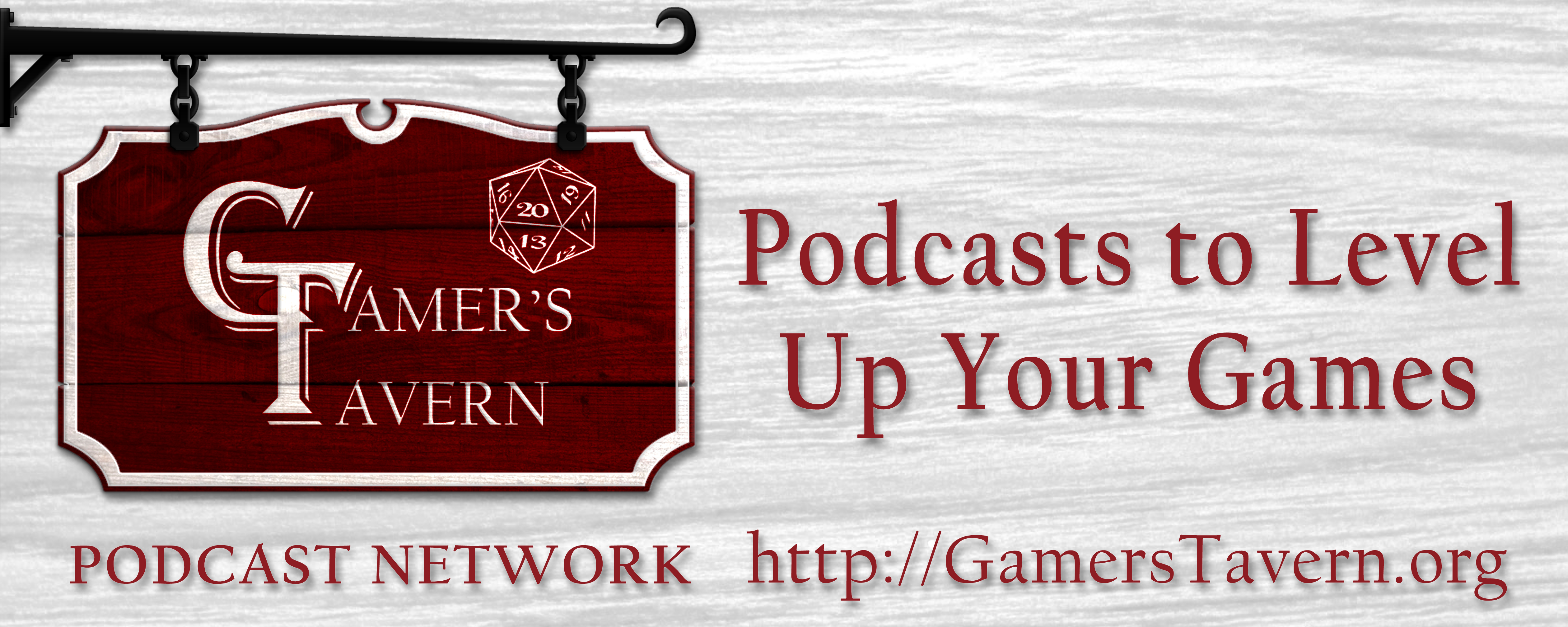Several years ago, I ran a 4th Edition Dungeons & Dragons game where I learned a valuable lesson about game prep. Even though I’ve always been an off-the-cuff DM, I still did hours of prep work for every session, creating massive decision trees of how the adventure would progress based on character actions on top of making NPCs and maps and whatnot (I’d given up on my PowerPoint presentations long before this because my players weren’t nearly as impressed as I’d hoped they’d be). All that changed, however, when I got slapped in the face by something that happened in the game.
The City of the Dead had been normal when it was called Kellsport. During the Great War, it was ground zero of a ritual that went horribly wrong, killing both armies and almost all the citizens and, if that weren’t bad enough, turning them into undead. The five warring nations reached a temporary armistice as they recognized the greater threat and sealed the city with a magical circle that kept any undead from escaping, because no one wanted hundreds of thousands of ghouls, zombies, vampies, shades, liches, etc. escaping. And of course, not one but three of the ten MacGuffin artifacts the PCs had to go after were in the hands of the largest undead powers of the city.
So, as I did at the time, I had something like eight pages of notes, mostly for the dinner party with the vampire Big Bad (I felt sorry for the player of the sorcerer because she kept trying to talk with everything and I hadn’t put in very many social encounters). I’d even turned it into a skill challenge. Bluff to get the vampire talking about himself, Insight to determine what he most desired, and Diplomacy to work out a deal with him. Of course, he wanted to escape the city. The deal was they would get him out by midnight the following evening and he would hand over his artifact to them. Since they had no time to research and no rituals that would accomplish this, I figured they’d either try to bluff him or just kill him anyway.
Oh, but they did something I didn’t expect. As part of the puzzle of the lich’s tower they’d faced the previous session, they found a pair of cabinets that worked sort of like the cupboards in the Harry Potter books, teleporting you between the two. After they defeated the lich (but didn’t find his phylactery, for the record), they looted the shit out of the tower. I was surprised they were as thorough as they were, because they took those damn cabinets. And yes, they had surprisingly good plans for carrying and storing them. I assumed they’d forget about them almost immediately, and I forgot about them as well. But they didn’t. They dragged one of the cabinets outside the barrier.
I was stuck. One of the key points I rammed home about the nature of the City of the Dead is that if you’re undead, you cannot leave. It made monsters like vampires even more dangerous because they didn’t need to kill you, they could just infect you and you’d be trapped. I didn’t expect them to actually come up with a plan. But it was a good plan, and it was based off of good roles and good roleplaying earlier on. So I did what any DM in my shoes would’ve done.
“Okay guys, we’re going to take a break here. I need some water and a cigarette.”
Having bought myself some time, I started to think. I asked myself several questions. If the lich had these cabinets, why wouldn’t he have used them to escape? Do I really want this important site in the world I was building to be subverted this easily? What impacts would that have with future locations and plots? Do I want to stop this from working and take away everything they’d worked for, or do I want to let this work and break the entire point of this location in the setting?
When I took breaks, my players usually chatted amongst themselves. Most times, they just talked about the new episode of Doctor Who or what video game they’d been playing. And while I couldn’t make it out exactly from the balcony, I could tell this time they were talking about the game. Two things I heard clear as day, though, was the phrase “He’ll never let us do this” and the word “Railroading”.
That was all I needed to know. All I had to do was justify it. Between taking my last drag off my cigarette and putting it out, I had everything planned out. Why wouldn’t the lich have used the cabinets? Because he was batshit insane, that’s why. I’d already seeded that he was a human necromancer who decided to come into the City of the Dead intentionally, and he’d been isolated for over a hundred years with no contact with anyone as he obsessively built traps to protect himself. He didn’t want to escape, he was nesting.
So I come back in, sit down, and the rest of the scene plays out. Count von Count (I can’t remember his name, but by this point in the campaign I’d stopped giving the NPCs real names anyway since the players ended up calling everyone “Bob”, “Mike”, “Steve”, and “Jack” anyway) sends a vampire flunky through and, when he realizes it works, he cackles with glee before ordering his minions to kill the PCs (he got what he wanted, why should he give up something so valuable now that he’s about to go into the living world again and may need it?) So I got to have my fight after all, only now it had much more depth. I toyed with the idea of having the vampire just run off, but decided that, after the PCs started obliterating the flunkies, I’d have him step in with a “If you want anything done right…” attitude.
After it was done and I packed up my things, I picked up my notes. I realized I had eight pages typed double-columns, not counting the pages of stat blocks. I’d used half of one of them during the session. I looked down at the wasted hours I’d spent writing my home campaign mission to try to emulate the sort of writing I was accustomed to from published adventures. I had tried to cover every angle and failed miserably.
The next session and every game I’ve run since then, if I have any notes, it’s just a single page. I still keep notes for reoccurring NPCs and locations and things like that so I can keep things straight, and I don’t count the key to any maps I make (or steal off Google Image Search, rather) or stat blocks needed for combat. That one page of notes are now are just a mix of random ideas I’ve had for the session that I didn’t want to forget rather than long, drawn-out rough drafts for Choose Your Own Adventure novels. I learned that roleplaying games don’t work that way, and they shouldn’t. Because the joy of roleplaying games is the ability to attempt anything your imagination can come up with. The more you restrict that freedom, the more of that magic you lose and the more prone you are to falling into the trap of railroading.



